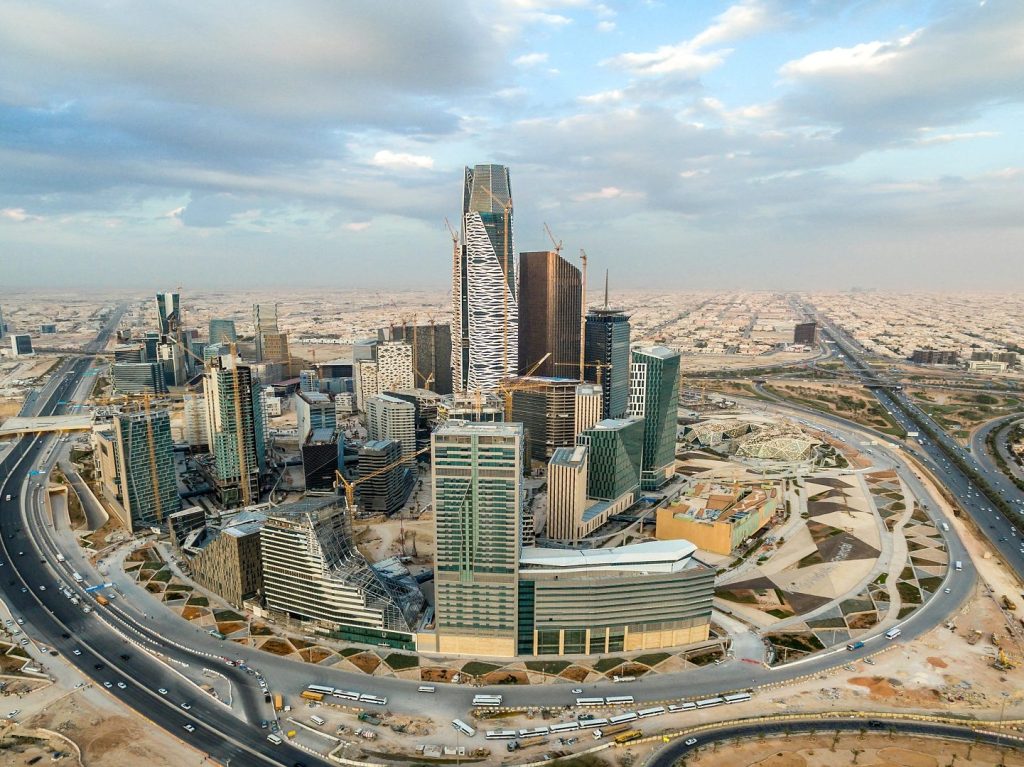Fueled by ambitious government plans, Saudi Arabia's construction sector is poised for a significant surge, with its output value projected to reach $181. 5 billion by the end of 2028. This represents a substantial increase of 28% over a five-year period, according to a recent analysis by global property consultancy Knight Frank.
The growth is attributed to a multi-pronged approach by the Saudi government, with significant investments being directed towards residential, institutional, and infrastructure projects. This focus extends beyond these core areas, encompassing industrial, energy, utility, and commercial sectors as well. These strategic investments are envisioned to not only bolster the construction industry but also solidify the Kingdom's position as a premier global hub for tourism, commerce, and trade.
The analysis by Knight Frank highlights the positive impact of Saudi Arabia's National Transformation Plan, launched in 2016 as a cornerstone of Vision 2030, the country's overarching development strategy. Since the plan's inception, the total budgeted value for real estate and infrastructure projects has surpassed a staggering $1. 25 trillion. The transformation is evident across the nation's urban landscape, with the residential sector currently leading the charge. In 2023, residential projects accounted for 31% of the total construction output value, translating to roughly $43. 5 billion. Knight Frank's projections indicate this figure is expected to climb to $56. 9 billion by the end of 2028.
This anticipated boom in the construction sector presents exciting opportunities for businesses both domestic and international. The demand for building materials, equipment, and skilled labor is poised to surge in tandem with project growth. This creates a fertile ground for companies with expertise in these areas to establish a presence in the Saudi market and capitalize on the vast potential.
However, alongside the undeniable benefits, the rapid growth also necessitates careful planning and execution. The influx of projects will require a robust infrastructure to ensure efficient project delivery and management. Additionally, a skilled workforce will be crucial to maintain high-quality standards and avoid project delays. The Saudi government is actively addressing these challenges by investing in workforce development programs and streamlining regulations to attract foreign investment and expertise.
The anticipated surge in Saudi Arabia's construction sector signifies a period of significant transformation for the nation. It is not merely an economic driver but also a strategic move to diversify the economy and establish the Kingdom as a major player on the global stage. With careful planning and execution, this construction boom has the potential to propel Saudi Arabia towards a prosperous and sustainable future.

